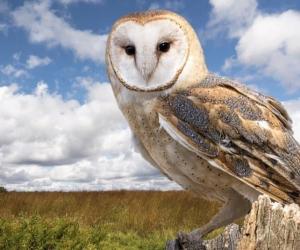9 Countries Where Portuguese Is the Official Language in 2024
Portuguese speakers live worldwide, from Portugal in Europe to Brazil in South America. The Portuguese language, a Romance language, spread around the world beginning in the 15th and 16th centuries with the Portuguese Empire. This empire was one of the first modern colonial empires, and its legacy exists to this day. Today, it is the official language of nine countries in South America, Africa, and Asia. Discover where you can find the most Lusophones (speakers of Portuguese) in the world.
1. Portugal
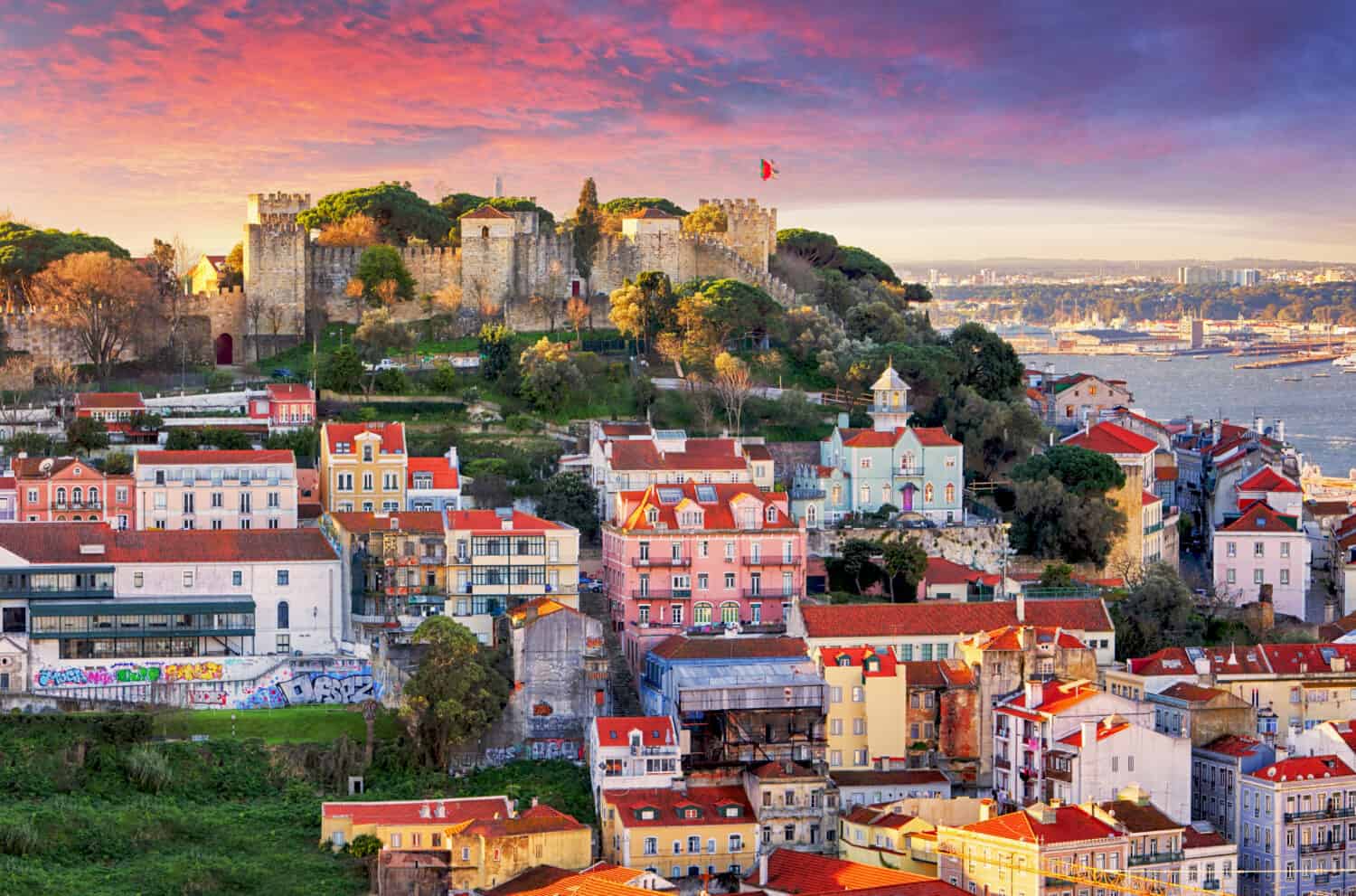
Portuguese developed from Galician-Portuguese, a language spoken in modern-day Northern Portugal, and modern-day Galicia, a Spanish region that borders Portugal.
©TTstudio/Shutterstock.com
The origins of the Portuguese Empire begin in the country of Portugal, which is situated on the Iberian Peninsula next to Spain. The Portuguese language also originated in Portugal. Portuguese developed from the Latin language that the Roman Empire brought to the Iberian Peninsula in 216 BC. Today, over 10 million Portuguese speakers live in Portugal, where Portuguese is the majority language as well as the official language.
2. Brazil
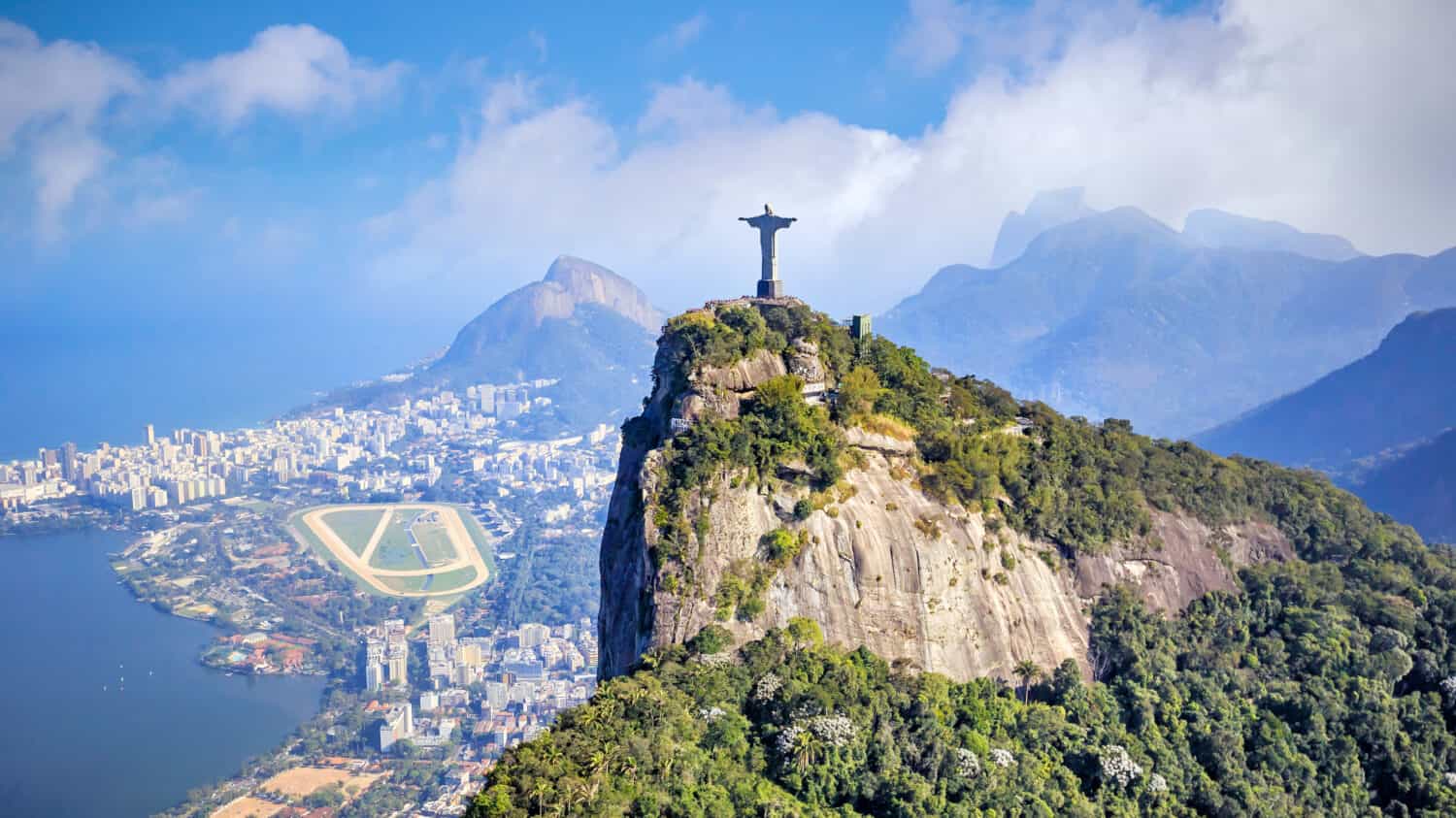
Brazil is the only country in the Americas where Portuguese is the official language and the language of the majority.
©f11photo/Shutterstock.com
Portuguese explorers and colonizers brought their language to South America, most notably in the country now known as Brazil. Today, over 200 million people speak Portuguese in Brazil. It is an official language and the language commonly used for media, business, and administrative purposes. However, the development of the Portuguese language in Brazil diverged somewhat due to the nature of its colonization. There are key differences between European Portuguese and Brazilian Portuguese, but both are still the same language.
3. Mozambique
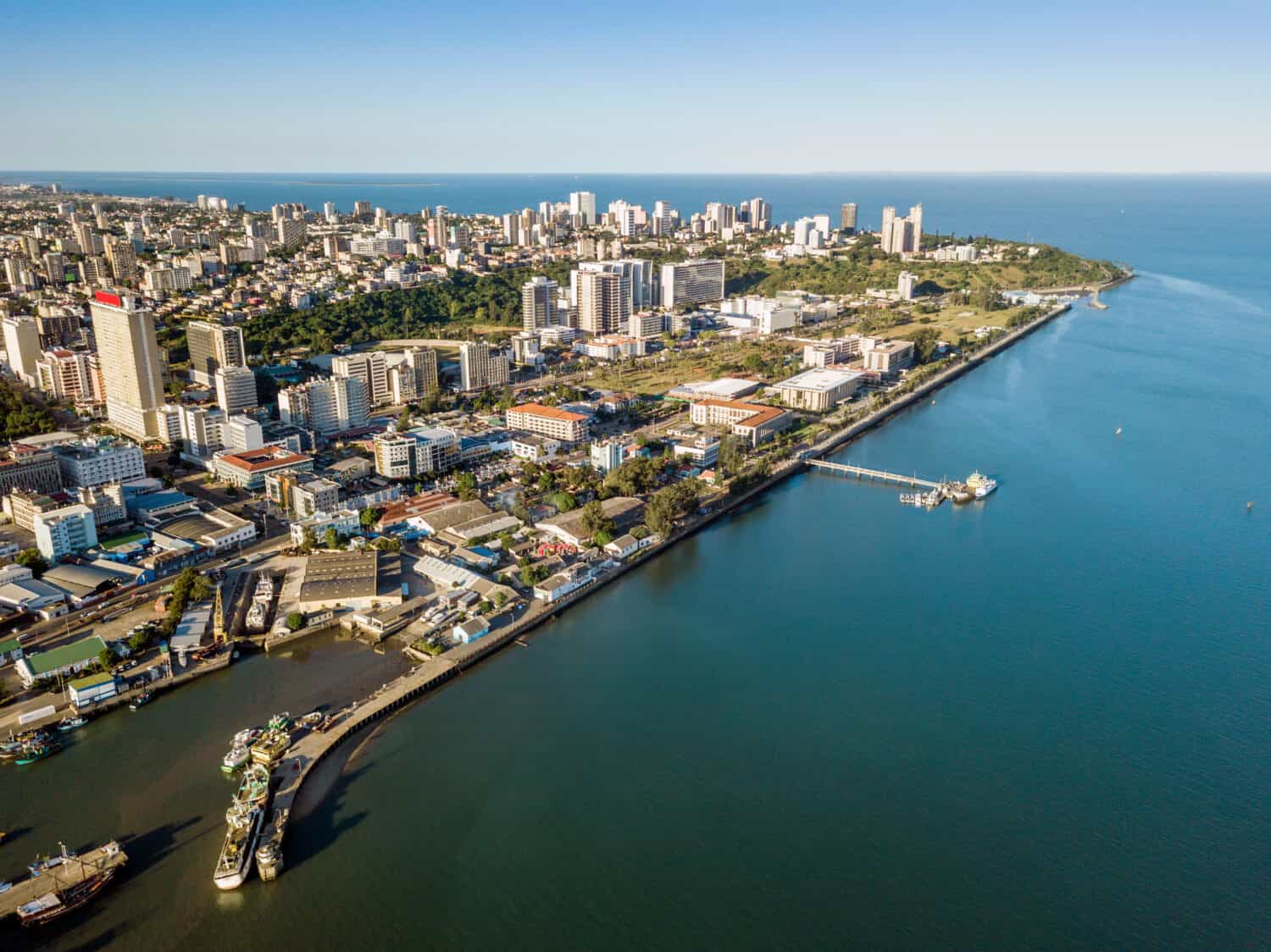
Mozambique uses the Portuguese language for education, media, and legal documents. The form used in Mozambique differs only slightly in pronunciation and vocabulary.
©Sopotnicki/Shutterstock.com
Located in southeastern Africa and bordered by the Indian Ocean to the east, Mozambique speaks Portuguese due to its colonial history. Portuguese explorers first came to the area in 1498 with the voyage of Vasco da Gama around the Cape of Good Hope. Portuguese rule and territory dominance prevailed until the Mozambican War of Independence. The war, which began in 1964 and ended in 1975, resulted in the creation of an independent Republic of Mozambique. Today, Portuguese serves as an official language, but also a lingua franca. People speak many indigenous languages across the country, with Portuguese providing a common language for citizens of any background to speak to each other.
4. Angola
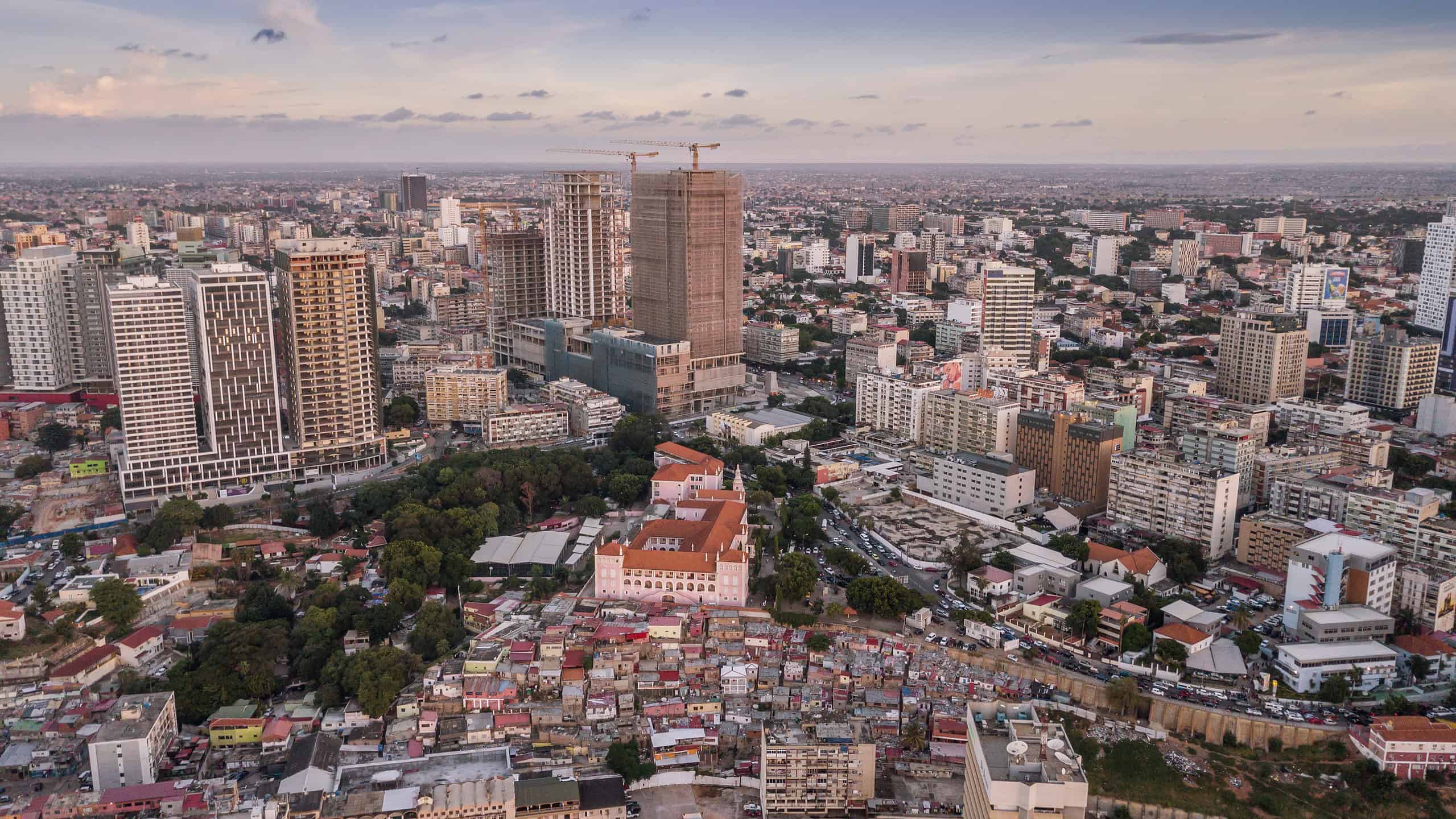
Other languages spoken in Angola include Umbundu, Kimbundu, and Kikongo, all of which are Bantu African languages.
©Andre Silva Pinto/Shutterstock.com
An African nation on the coast of the Atlantic Ocean, Angola is bordered by Namibia to the south, the Democratic Republic of the Congo to the north, and Zambia to the east. The presence of the Portuguese language in modern-day Angola dates back to the 15th century, with the beginning of colonial rule. However, Portugal never had great success controlling the majority of the territory, thanks to resistance from various groups. Today, Portuguese remains the only official language, where it is spoken by at least 71 percent of Angolans. Proper estimates are difficult to attain because the next census will not occur until sometime in 2024. Anywhere from 12 million to 26 million people might speak Portuguese, either as a first language or at home alongside
5. Guinea-Bissau
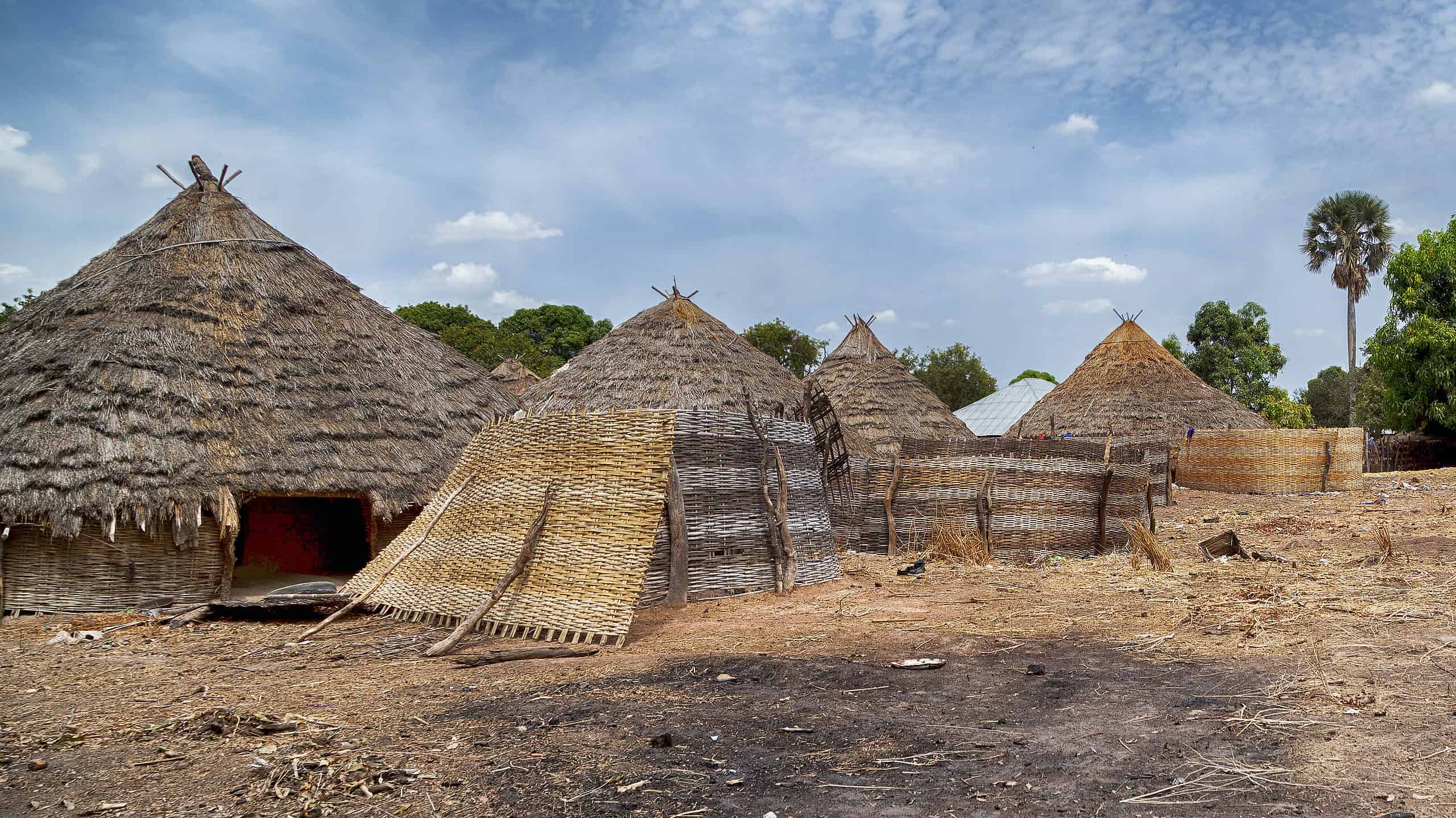
Following independence from Portugal in 1975, the majority of native Portuguese speakers dropped due to the emigration of white Guineans.
©Gaborbasch/Shutterstock.com
A small West African country that borders Guinea to the southeast and Senegal to the north, Guinea-Bissau was once part of the Kaabu kingdom and the Mali Empire before coming under Portuguese control in the 16th century. Portuguese is considered the official language of Guinea-Bissau; however, it only is spoken by a fraction of the population as a native language. Many people learn it as a second language because it remains vital for legislation, media, and education. People in Guinea-Bissau speak a creole version of Portuguese. A creole develops from the mixing and simplifying of different languages into a new form. In Guinea-Bissau, this creole provides a common language for communication between all ethnic groups.
6. Equatorial Guinea
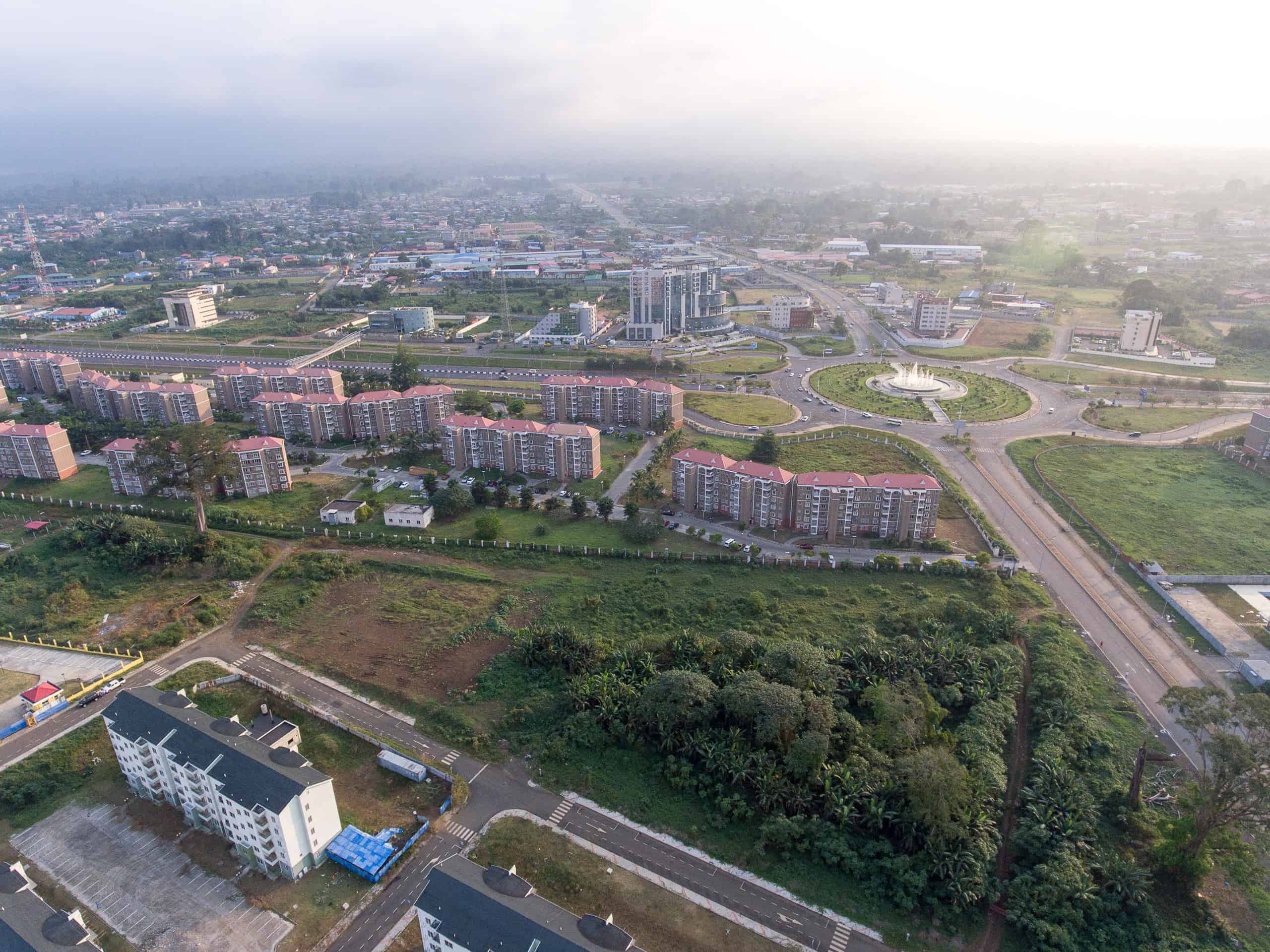
Portuguese speakers in Equatorial Guinea are mainly Africans from the countries of Angola and Mozambique, where Portuguese is the official language.
©Jan Ziegler/Shutterstock.com
Equatorial Guinea, formerly known as Spanish Guinea, is located on the west coast of Central Africa. Unlike other countries on this list, Spain ruled this territory for most of the colonial period after receiving the territory in the Treaty of El Pardo in 1778. Today, Spanish, French, and Portuguese are all official languages in Equatorial Guinea. Most of the population speaks Spanish, the language used in schools. Two small island territories off the coast of Equatorial Guinea, Annobón and Bioko, speak a creole Portuguese called Annobonese. The origins of this creole language date back to the intermixing of European men and African slaves from São Tomé and Angola.
7. Cape Verde
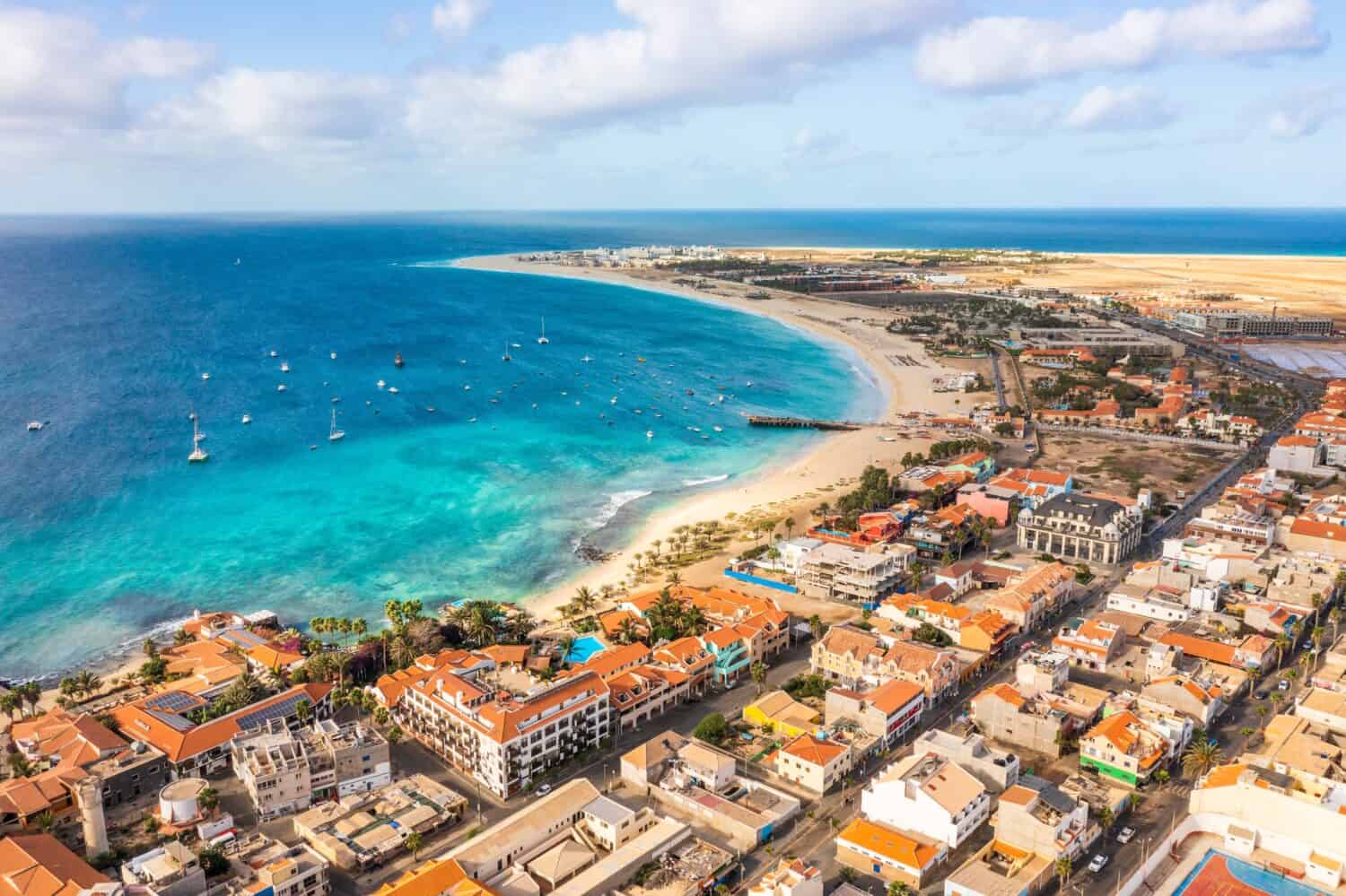
The Portuguese-based creole language spoken on Cape Verde is the oldest living creole language.
©Sopotnicki/Shutterstock.com
The country of Cape Verde, or Cabo Verde, is an island nation off the coast of West Africa made up of 10 volcanic islands. This small nation was uninhabited prior to Portuguese colonization, which thrust the territory into the center of the Atlantic slave trade. Today, the citizens of Cape Verde are the descendants of Africans and Europeans brought together during Portuguese rule. As a result of this colonial legacy, Portuguese is the country’s official language and the language of education, business, media, and legislature. A creole version of Portuguese, however, is the first language of nearly everyone on Cape Verde. People with more education or exposure to it will be more likely to speak Portuguese.
8. São Tomé and Principe
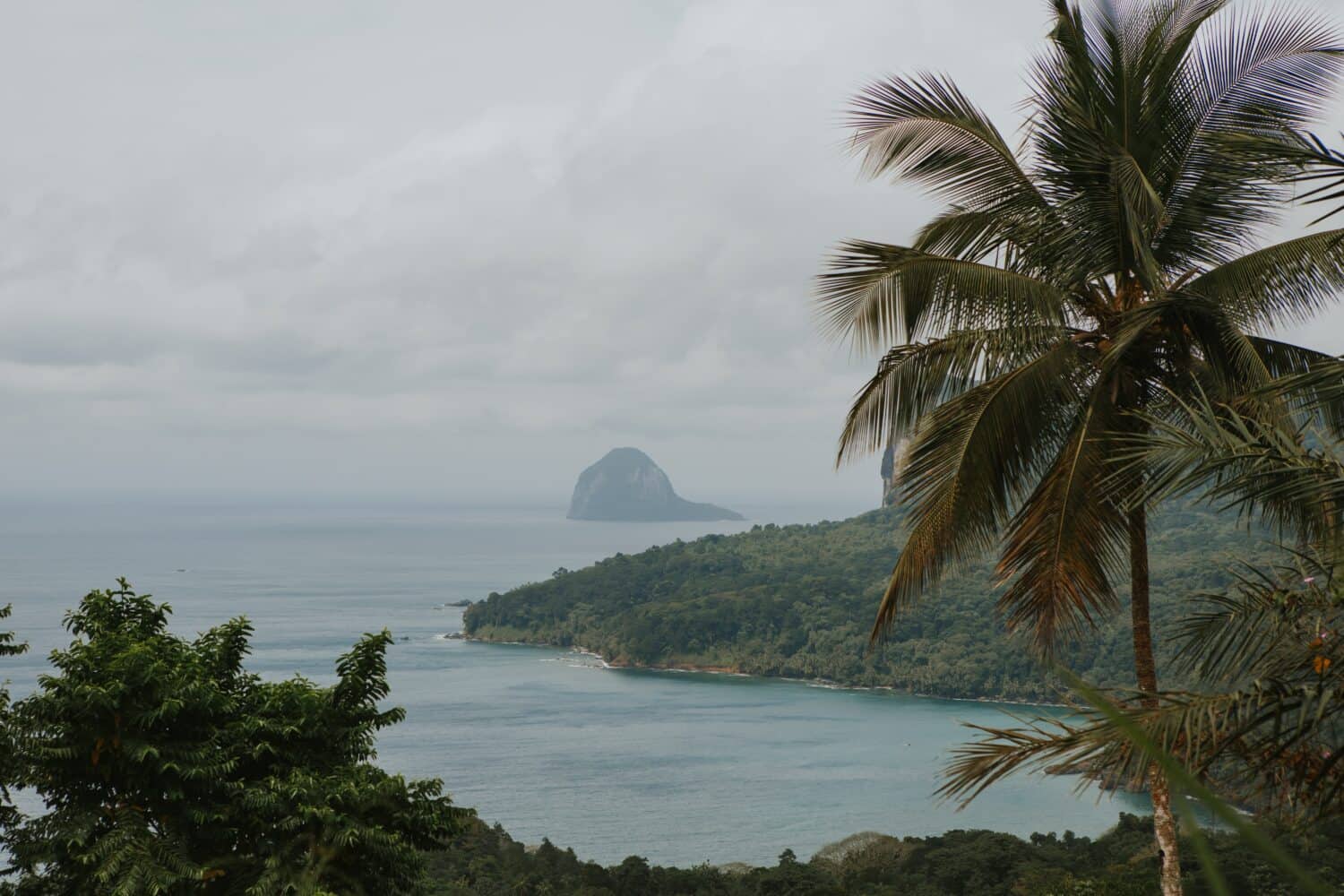
After Portugal and Brazil, São Tomé and Principe is the country with the world’s largest percentage of Portuguese speakers.
©Mariana Delca/Shutterstock.com
The island nation of São Tomé and Principe consists of two different archipelagos situated around the main islands São Tomé and Principe. This country sits off the western equatorial coast of Central Africa. The islands of São Tomé and Principe were uninhabited until Portuguese explorers colonized them in the 15th century. A trade center during the Atlantic slave trade, this nation also has a heritage of sugar, cocoa, and coffee cultivation plantation-style. After a peaceful independence from Portugal in 1975, São Tomé and Principe maintained Portuguese as the official language. A majority of citizens speak Portuguese, as their native language. People also speak Portuguese-based creoles, including Forro, Cape Verdean Creole, Angolar, and Principense.
9. Timor-Leste
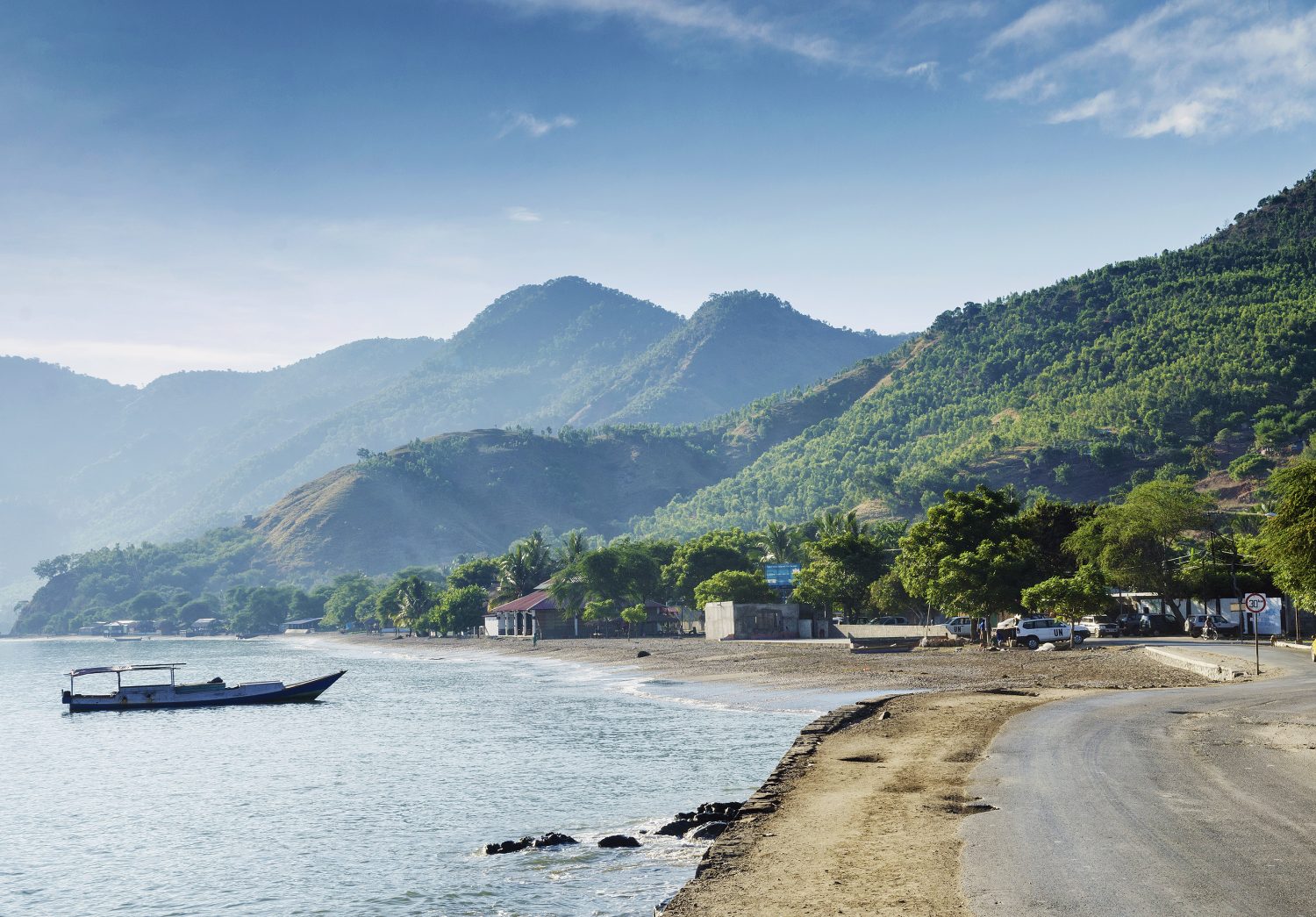
Thanks to a history of Portuguese trade and colonial presence starting in the 16th century, Portuguese is spoken in the country of East Timor.
©JM Travel Photography/Shutterstock.com
East Timor, or Timor-Leste, is a country that occupies the eastern half of the island called Timor. It is located in Southeast Asia and separated from Australia by the Timor Sea. Portuguese is one of East Timor’s official languages, alongside the Austronesian language Tetum. However, following independence from Portugal in 1975, East Timor was invaded by its neighbor Indonesia. Indonesia banned the use of Portuguese, until the reintroduction of the language after the end of the Indonesian occupation in 1999.
East Timor is the only Asian country where Portuguese is an official language. Portuguese is one of the official languages of Macau, a city located in China; however, Macau is not an independent country but a special administrative region of China.
The photo featured at the top of this post is © iStock.com/Oleksii Liskonih






